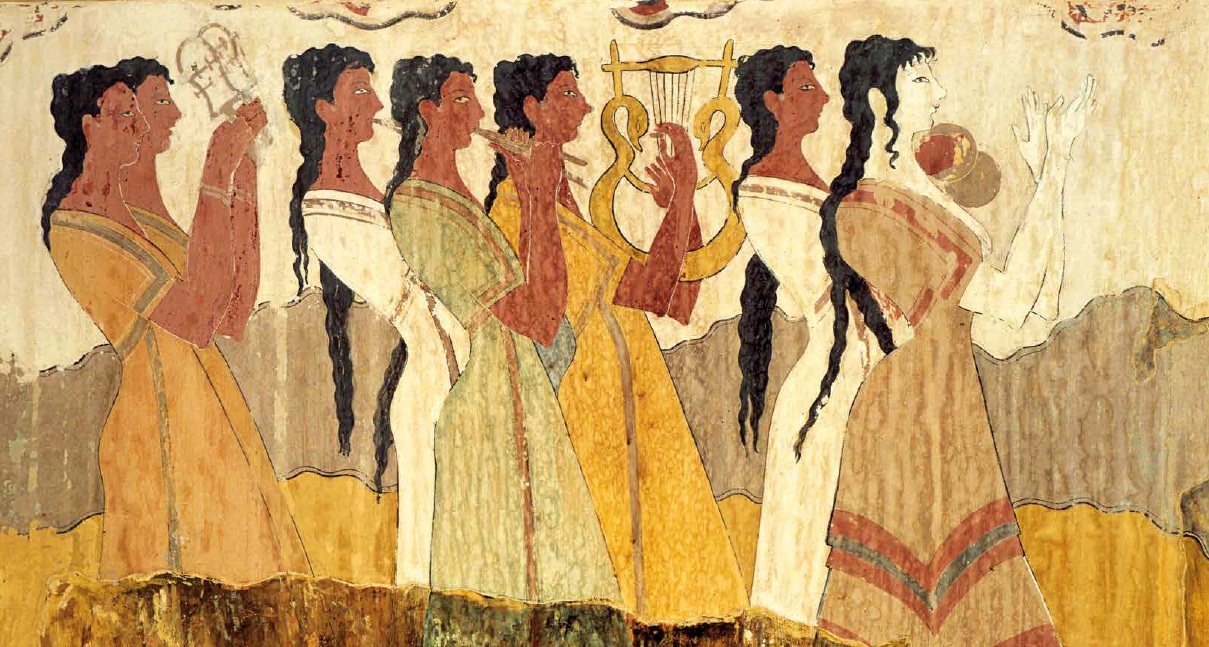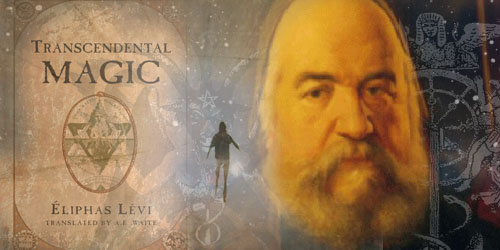Page 166
is a divine revelation, how can the New Testament be? Are we required to believe and worship a Deity who contradicts himself every few hundred years? Was Moses inspired, or was Jesus not the son of God? This is a dilemma from which the theologians are bond to rescue us. It is from this very dilemma that the Gnostics endeavored to snatch the budding Christianity. Justice has been waiting nineteen centuries for intelligent commentators to appreciate this difference between the orthodox Tertullian and the Gnostic Marcion. The brutal violence, unfairness, and bigotry of the “great African” repulse all who accept his Christianity.
“How can a god,” inquired Marcion, “break his own commandments? How could he consistently prohibit idolatry and image-worship, and still cause Moses to set up the brazen serpent? How command: Thou shalt not steal, and then order the Israelites to spoil the Egyptians of their gold and silver?” Anticipating the results of modern criticism, Marcion denies the applicability to Jesus of the so-called Messianic prophecies. Writes the author of Supernatural Religion: “The Emmanuel of Isaiah is not Christ; the ‘Virgin,’ his mother, is simply a ‘young woman,’ an alma of the temple; and the sufferings of the servant of God (Isaiah lii. 13 – liii. 3) are not predictions of the death of Jesus.”

Moe is the founder of GnosticWarrior.com. He is a father, husband, author, martial arts black belt, and an expert in Gnosticism, the occult, and esotericism.






